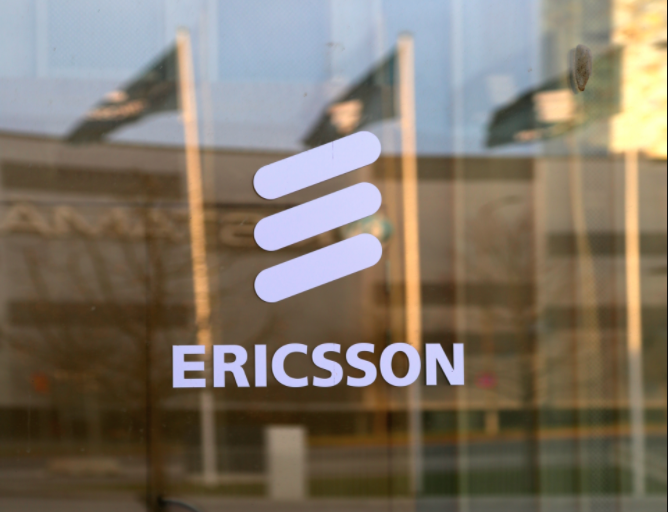Why are Ericsson’s bills so bad?

In the second quarter of 2021, Ericsson reported profits below expectations. The drop in sales in the Chinese 5G market weighs (Huawei boomerang?), But the company aims for a significant agreement in the United States with Verizon
In the second quarter of 2021, the Swedish telecommunications company Ericsson reported profits below expectations. Despite strong sales of 5G components in many markets, the company has experienced a decline in revenue in China.
THE NUMBERS OF ERICSSON
In the April-June period of the current year, Ericsson's total sales fell for the first time in three years. It came in at 54.9 billion Swedish kronor (about 5.3 billion euros), while analysts expect a bigger sum of 57.2 billion. In the same period of 2020, sales were 55.6 billion.
Organic turnover grew by 8 percent. Sales in China, however, fell to 1.5 billion crowns from 4.1 billion a year ago.
WHAT HAPPENED IN CHINA
Carl Mellander, chief financial officer of Ericsson, told Reuters that the new 5G auctions in China did not go as planned, and as a result sales were hurt.
According to sources heard by the agency, the assignments of contracts for the second phase of development of 5G networks in China should be announced by the end of July.
Ericsson is a competitor of the Chinese telecommunications company Huawei, and has benefited – as well as its other rival, the Finnish Nokia – from the company's exclusion from 5G markets in many Western countries.
THE WAR IN HUAWEI
The United States, already in the years of ex-president Donald Trump, carried out an extensive campaign of pressure against allied governments to persuade them to remove Huawei from suppliers of 5G technologies.
Washington argues that relying on Huawei involves national security risks, because the company would be linked to the Chinese authorities and would pass them sensitive data that "transit" through 5G networks. The profound American goal is to slow down China's technological rise, preventing Beijing from building communications infrastructures of great strategic value.
WHAT SWEDEN HAS DECIDED ABOUT HUAWEI
Ericsson expected to lose market share in China, which is worth nearly 10 percent of its global revenue. The CEO Börje Ekholm had said clearly that the decision to put Sweden to ban Huawei and ZTE (another Chinese telecom company) on the basis of fears of espionage and intellectual property theft have led to this result.
In addition to Ekholm, the Wallenberg family – an influential and powerful Swedish dynasty -, which controls Ericsson, also criticized the move by the Swedish government.
THE AGREEMENT WITH VERIZON AND MALAYSIA
Ericsson's shares fell 8 percent early this morning. But just today the company announced a $ 8.3 billion deal with US telecommunications company Verizon to accelerate the development of the 5G network in the United States.
At the beginning of July, the Malaysian government had instead made it known that it had chosen Ericsson as a partner for the construction of the national 5G ecosystem. The project – to be carried out together with the state-owned company Digital Nasional Berhad – will cost 2.6 billion dollars. The Malaysian government would like to launch 5G in the capital Kuala Lumpur and the Putrajaya administrative center by the end of the year, and then cover the entire territory by 2023.
This is a machine translation from Italian language of a post published on Start Magazine at the URL https://www.startmag.it/economia/ericsson-profitti-secondo-trimestre-2021-cina/ on Fri, 16 Jul 2021 10:23:15 +0000.
